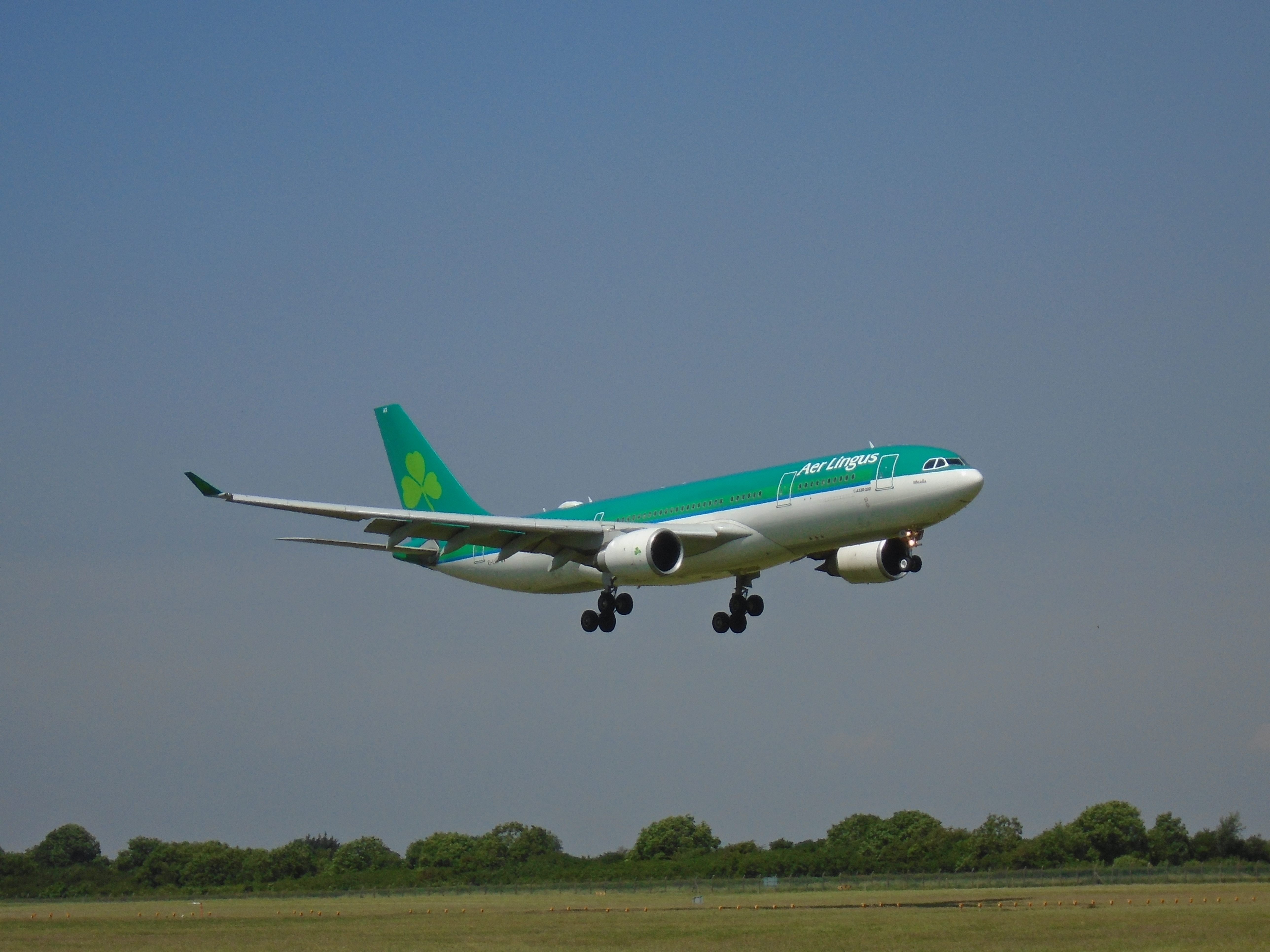




30 Jul 2025
The Global Leasing Talent Gap: Why Cross-Training Is the Future
The aircraft leasing industry is no longer operating in silos — and neither should its people.
As fleets expand, regulatory expectations tighten, and technology reshapes asset management, the boundaries between commercial and technical teams are becoming increasingly blurred. For lessors, MROs, and operators alike, success now hinges on something we don't often talk about enough: cross-disciplinary competence.
At Acumen Aviation, we’ve spent years supporting both sides of the leasing equation — commercial strategy and technical execution. And what we’re seeing is clear: the future belongs to those who understand both.
In this blog, we explore the growing talent gap in global aircraft leasing, why traditional training models no longer suffice, and how cross-training is becoming the competitive edge the industry needs.
Where the Gap Begins
Aircraft leasing sits at the intersection of finance, law, engineering, and operations. A single transaction often involves:
- Negotiating lease terms
- Evaluating maintenance status
- Interpreting regulatory documentation
- Understanding market depreciation
- Coordinating delivery or redelivery milestones
- Managing compliance and records
Yet, many professionals are trained in just one of these domains.
- Commercial executives may struggle to interpret airworthiness requirements or redelivery costs.
- Technical teams might lack confidence in negotiating clauses that impact their future workloads.
- Junior professionals often enter the industry through narrow pathways, without the tools to collaborate effectively across departments.
The result? Misalignment, delays, risk exposure, and — increasingly — talent bottlenecks.
Why the Pressure Is Mounting
The global leasing workforce is facing a threefold challenge:
1. Retirement and Experience Drain
A significant portion of the current leasing talent pool is ageing out. As senior professionals exit, their cross-functional knowledge often goes with them.
2. Increased Asset Complexity
Modern aircraft come with sophisticated digital systems, more nuanced maintenance tracking, and increasingly data-driven management approaches.
3. Geographical Dispersion
As leasing expands into new markets — especially Asia and the Middle East — the need for well-rounded local teams who understand global standards is growing.
Traditional training models — which often isolate technical and commercial learning — are no longer sufficient.
Cross-Training: Building the Future-Ready Workforce
Cross-training doesn’t mean turning engineers into lawyers or financiers into maintenance planners. It means equipping professionals with the fluency to collaborate.
That includes:
- Commercial teams understand technical concepts, so they can negotiate leases that reflect operational realities.
- Technical teams grasping commercial implications, enabling them to flag risks that may affect asset value or customer satisfaction.
- Younger professionals building broad foundational knowledge, accelerating their development and adaptability.
This is where Acumen’s training philosophy stands apart.
Acumen’s Training Approach: Bridging the Divide
At Acumen Aviation, we don’t just train people to do tasks — we train them to think across functions.
Our courses, designed and delivered by seasoned aviation professionals, cover the full asset lifecycle with a blended technical-commercial lens. Whether you're an entry-level executive or an experienced team leader, our programmes are designed to build confidence and clarity across disciplines.
Highlights from our training suite include:
Aircraft Leasing & Asset Management Diploma
Designed for professionals seeking a holistic understanding of leasing, this course covers everything from commercial structuring to technical due diligence, redelivery, and compliance. It’s ideal for those moving into leadership roles or bridging departmental gaps.
CAMO, Maintenance & Redelivery Programmes
While primarily technical, these also include modules on lease condition interpretation, negotiation support, and real-world redelivery planning — essential for engineers liaising with commercial counterparts.
Technical Records & Aircraft Documentation Workshops
Focused on the practicalities of records management, these workshops also explore how documentation affects investor trust, asset valuation, and transaction timelines.
All our courses are tailored to the reality of modern leasing — fast-moving, globally connected, and cross-functional.
Real-World Impact: Why It Matters
A leasing client recently told us:
“We lost a deal because our team didn’t realise the return conditions would trigger a shop visit. By the time we caught it, the numbers didn’t add up.”
That’s not a technical mistake — it’s a cross-functional blind spot. One that could have been avoided with the right training.
We’ve also seen clients improve redelivery timelines, reduce penalty costs, and strengthen operator relationships simply because their teams were better aligned internally.
In today’s environment, a well-trained, cross-skilled team isn’t a luxury — it’s a necessity.
Final Thought: Training Isn’t Just for the Juniors
The industry often sees training as something for entry-level staff. But in reality, the greatest benefit comes when mid-level and senior professionals invest in broadening their understanding.
Whether you're leading a team, closing deals, managing transitions, or building long-term partnerships — the ability to speak both technical and commercial languages makes you more effective, more valuable, and more future-proof.
At Acumen, we believe training is more than just a course — it’s part of your strategy.
If you’re ready to build a more agile, more integrated leasing team — let’s start with knowledge. Let’s build the future of aviation together





